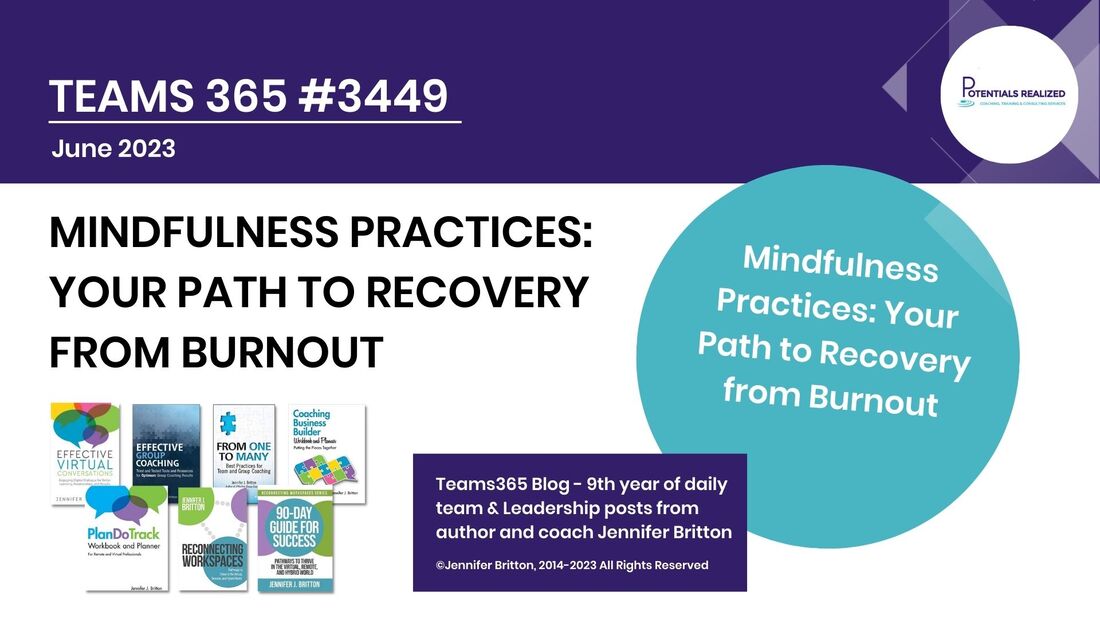- Mindful Breathing: One of the simplest yet most effective mindfulness practices is mindful breathing. Take a few moments each day to focus on your breath, observing the sensation of each inhalation and exhalation. This practice can help calm your nervous system, reduce stress levels, and promote a sense of inner peace.
- Body Scan Meditation: Engage in a body scan meditation to tune into the sensations in your body. Start from the top of your head and slowly move down to your toes, bringing attention to each part of your body. This practice enhances body awareness, releases tension, and fosters a deeper connection between your mind and body.
- Mindful Eating: Savor your meals by practicing mindful eating. Slow down, engage your senses, and fully experience the tastes, textures, and smells of your food. By paying attention to the present moment during meals, you can develop a healthier relationship with food, enhance digestion, and promote a sense of satisfaction and nourishment.
- Mindful Movement: Incorporate mindful movement practices, such as yoga, tai chi, or walking meditation, into your routine. These activities combine gentle physical movement with mindfulness, helping to reduce muscle tension, improve flexibility, and cultivate a sense of relaxation and focus.
- Mindful Rest and Relaxation: Allow yourself to take breaks throughout the day for intentional rest and relaxation. Engage in activities that promote restorative rest, such as listening to calming music, taking a bath, or practicing deep relaxation techniques like progressive muscle relaxation or guided imagery.
- Mindful Work Approach: Bring mindfulness into your work environment by focusing on one task at a time and giving it your full attention. Minimize distractions, set realistic goals, and practice self-compassion when faced with challenges. By staying present and fully engaged, you can increase productivity, reduce stress, and foster a sense of accomplishment.
- Mindfulness in Daily Life: Extend mindfulness beyond formal practices and incorporate it into your daily life. Practice bringing mindful awareness to routine activities like brushing your teeth, walking, or doing household chores. By infusing moments of mindfulness into your day, you can cultivate a sense of calm, reduce stress, and enhance overall well-being.
Conclusion: Incorporating mindfulness practices into your life can be a transformative tool in recovering from burnout. By cultivating present-moment awareness and nurturing a non-judgmental attitude, mindfulness allows you to better manage stress, increase resilience, and reconnect with your inner self. Explore these mindfulness practices and discover the profound impact they can have on your journey to recovering from burnout and fostering a balanced and fulfilling life.
Potentials Realized |Reconnecting Workspaces | Group Coaching Essentials
Team and Leadership Development | Coaching | Retreats
Follow us on Instagram @ReconnectingWorkspaces
Phone: (416)996-8326
Check out my TEDx talk
Looking to bring your workplaces back together, whether you are remote, hybrid, or face-to-face? Pick up a copy of my new book, Reconnecting Workspaces, at Amazon.

 RSS Feed
RSS Feed





